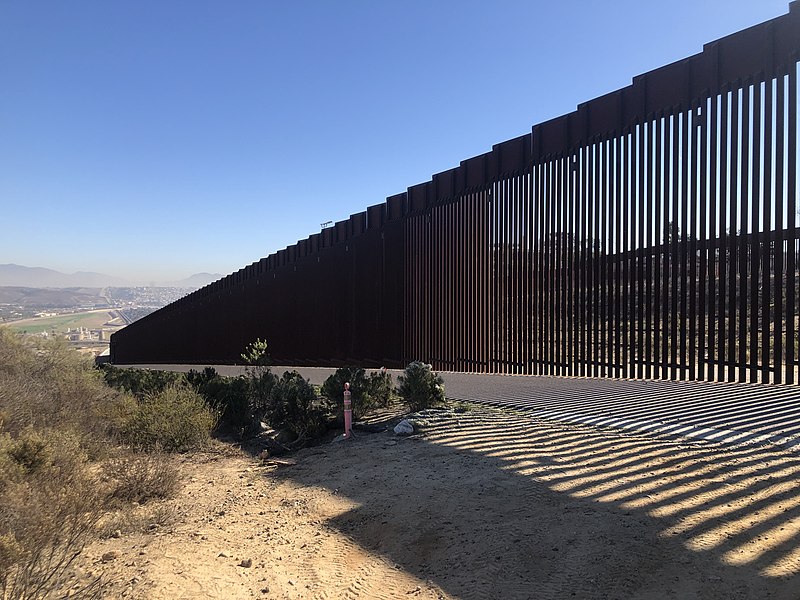
The backlog in the nation's immigration court has surged by over 1 million cases in 2023, a new report reveals. This rise, connected to a surge in migrants seeking asylum at the U.S. border,
pushed the backlog beyond 3 million cases in November, up from 1.9 million cases in September 2022. The Transaction Records Access Clearinghouse (TRAC) at Syracuse University, which gathers and analyzes federal immigration data, reported this massive backlog.
The current number of immigrants with pending immigration cases in the U.S. surpasses the population of Chicago, the nation's third-largest city, highlighting the enormity of the backlog. Some individuals may not have their court appearances for several years due to judges handling caseloads exceeding 4,000 cases each.
This escalating backlog presents a significant political challenge for President Joe Biden in an election year where immigration stands as a crucial issue. Senator John Cornyn from Texas highlighted concerns about the strain on immigration judges due to the administration's liberalized border policies.
In response, the Biden administration has made efforts to mitigate the backlog by appointing 302 judges to the immigration courts and requesting funding for an additional 150 in the 2024 budget. These judge positions are administrative rather than lifetime federal appointments and fall under the Executive Office of Immigration Review.
Kathryn Mattingly, the press secretary for the office, emphasized the agency's priority in reducing the backlog. The office is implementing strategies such as pre-hearing conferences to resolve cases outside court dockets and specialized dockets for expedited processing.
As migrants reach the U.S.-Mexico border seeking asylum, they receive "notices to appear" in over 600 immigration courtrooms across the country, often set in their destination cities. However, the backlog leads to prolonged waiting periods for court dates, with significant implications for asylum-seekers' legal status and prospects for citizenship.
Despite efforts to bolster the number of judges, the immigration courts still struggle to match the pace of case inflow. This backlog has sparked debate about false asylum claims, creating a challenging situation at the border and raising questions about the efficiency of the immigration court system. Photo by Amyyfory, Wikimedia commons.






































